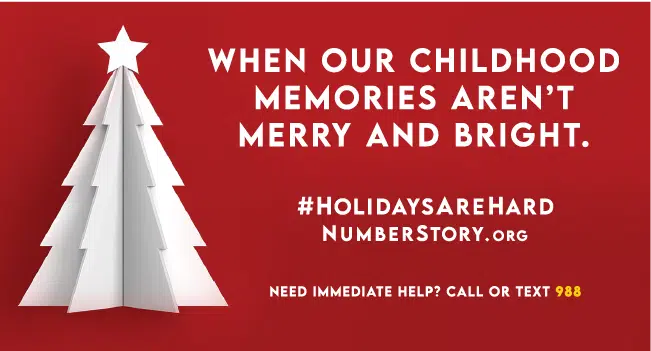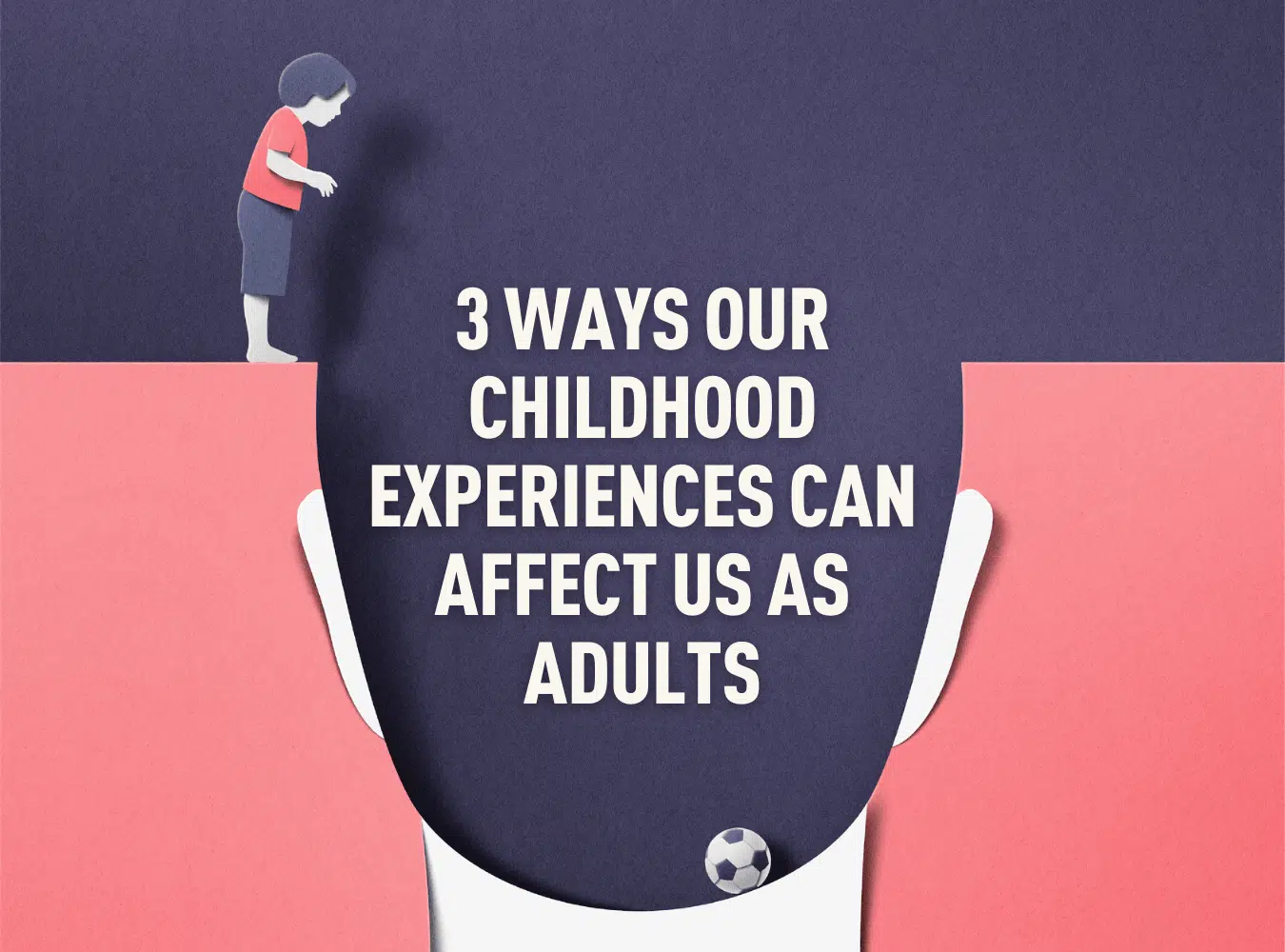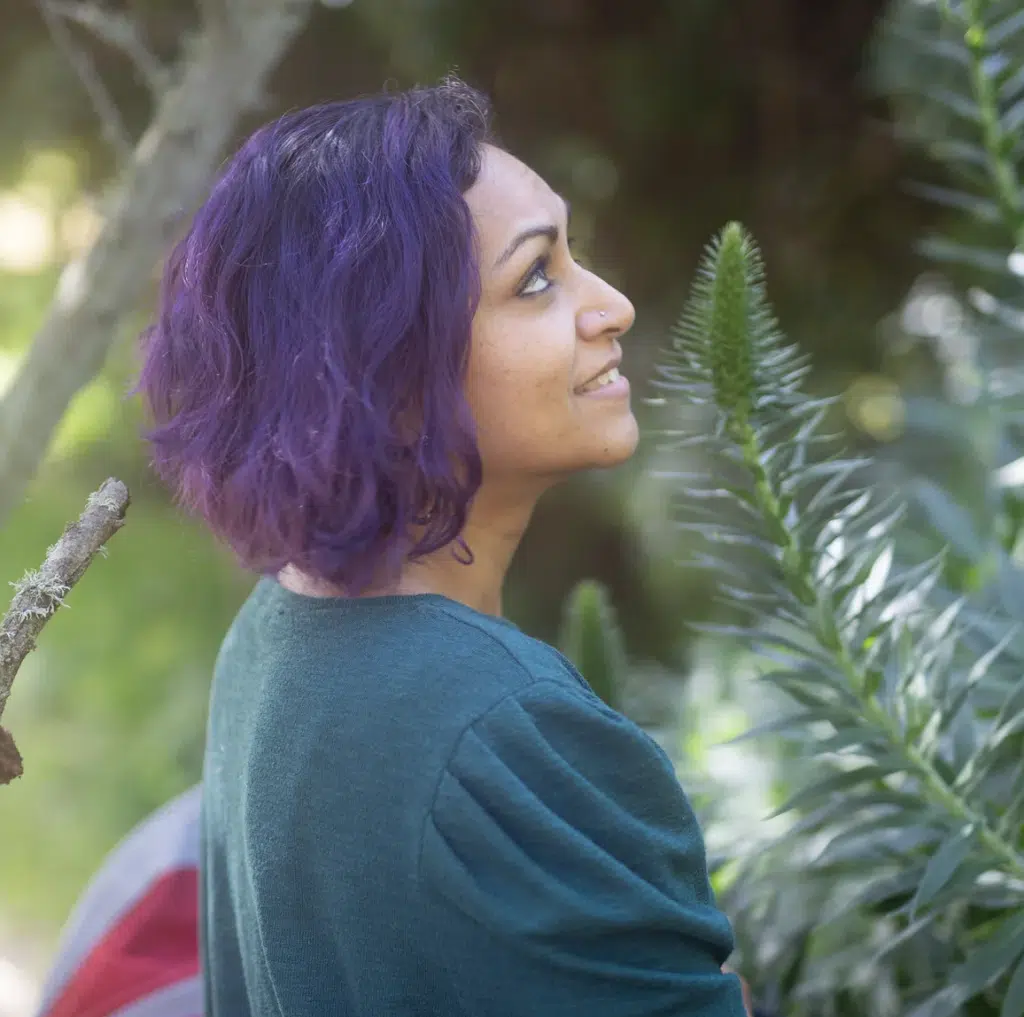
Holidays Are Hard; ‘Tis The Season To Take Care Of You
It’s that time of year again, and I am sure you have noticed how fast the Holiday season is taking over stores. For some, this can trigger the body and create stress or dread….
HOLIDAYS CAN BE HARD

Over the past 25 years, science has come a long way in connecting the dots between our childhood experiences and our health and well-being as adults.
When we experience Adverse Childhood Experiences (ACEs) it doesn’t just affect the way we feel, it can alter the way our body functions. Our body is wired to biologically respond to stress. That’s a good thing. It keeps us safe.
But when the adversity or stress don’t go away — or when we don’t have the resources or support to process a trauma that’s happened to us — the stress response can stay active for too long, causing harm that may last a lifetime.
Here are three ways our childhood experiences can affect us as adults:
In our first few years of life, our brains are forming trillions of neural pathways — think of it as building the circuitry of our body’s operating system. These connections tell the heart how to pump, hormones how to regulate, the mind how to think, and more.
When we experience adversity as a child, particularly when it’s chronic or traumatic, we can develop a toxic stress response that can disrupt the development of our body’s systems — endocrine, immune, metabolic, cardiovascular, and more — and increase the risk of health challenges later in life.
Another way ACEs and toxic stress can affect us biologically — not only during those early years, but throughout our childhood — is by trapping us in a chronic state of fight-flight-freeze. That’s our body’s natural response to danger, readying our whole being to either face the danger, run from it, or freeze.
If we are constantly in this state as a child, it can activate the brain’s amygdala, or limbic system (the part that’s wired to protect us from danger) and prevent development of the prefrontal cortex (the part that helps us control our emotions and employ logic and reason).
(Learn more about the biology of ACEs here)
Epigenetic tags are like an editor’s sticky notes on the pages of our DNA manual with instructions on what parts to keep and what to cut. They tell our body whether to express a particular gene or not, and to what extent.
Some of these genetic tags don’t change, like the color of our hair or our height. But many of them can be influenced by what happens to us throughout our lives.
In fact, science is teaching us that even the experiences of our ancestors can be passed down through these epigenetic changes, like sticky notes passed from one generation to the next telling our body how to cope.
(Click here to learn more about epigenetics and ACEs)
ACEs can also shape our adult lives through the coping methods we develop to deal with the experiences we live through as children.
Starting at an early age, we’re taking cues from the people and world around us in an attempt to know how to respond. When those “give and take” cues are nurturing, loving, and predictable, we are more likely to develop emotionally (and physically) in a healthy way. But when those “give and take” cues are unhealthy or unpredictable — or when we’re neglected — we figure out ways to survive.
Biology plays a role here in behavior.
Remember how the fight-flight-freeze response gets stuck in “on” mode when we encounter childhood adversity? That biological preparation to face danger, run from danger, or freeze serves us well when we’re facing actual danger. But when those responses become the default and danger is no longer present, our bodies can get stuck in a dysregulated, over-alert state.
(Click here for a video on the two parts of our nervous system and how to balance them)
It’s important to realize that we’re not “broken” because of the adversity or trauma we’ve lived through.
The amazing thing is, we are resilient. At any age.
Science shows that it’s possible to rewire neural pathways and prompt epigenetic changes in healthy ways throughout our lives. So it’s possible not only to heal from the effects of a toxic stress response brought on by childhood adversity, but to protect our children and children’s children from them too.
We’ve curated a set of scientifically-backed tools for healing to help you take the first step. Click here to explore.

It’s that time of year again, and I am sure you have noticed how fast the Holiday season is taking over stores. For some, this can trigger the body and create stress or dread….

[Content warning: Suicide.]
In recent years, during the month of Pride, I’ve always been extremely excited about the celebration—the glittery and colorful extravagance all throughout the month of June.
However, this year, I’ve taken a pause to really understand my journey, the one I’ve taken individually and the one the queer community is on at the moment. I feel blessed to live in West Hollywood in Los Angeles, one of America’s queer-friendly meccas, though the sparkle in my heart has dimmed as I feel increasingly more concerned for my community across the country where our safety, protections and rights are all at risk. Unfortunately, none of us are safe.

I’ve lived with bipolar disorder for the last 13 years. Though the initial years were brutal, once I understood my triggers and what it takes to stay well, I’ve been privileged to have stayed healthy for much of the last decade. This included — to my relief — my first pregnancy and post-partum period and serving in high-intensity public health roles through the pandemic, as California’s Acting Surgeon General and previously the office’s first Chief Health Officer.

I love music. Recently, I was listening to a random playlist Spotify generated for me when a song titled “Before I Have A Daughter” by Bre Kennedy started playing. Bre Kennedy sings about building a garden that grows on the same ground where tears have fallen and hearts have also been broken. Her goal is to learn to tend to this garden so that it flourishes on both the good and bad days.

Help us with your feedback on this 3-question survey!